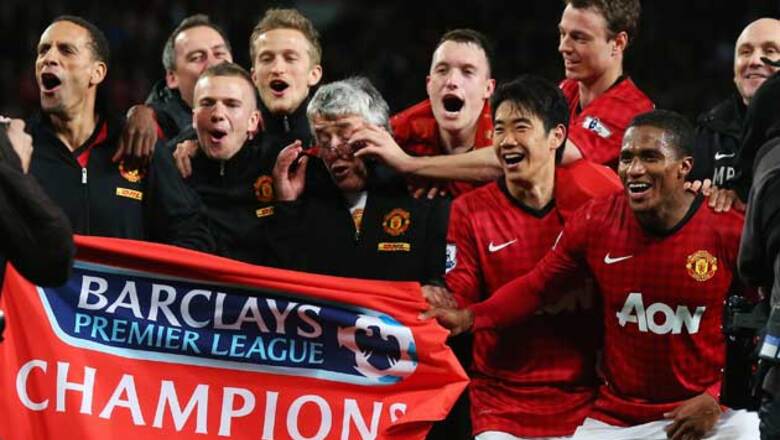
views
London: Manchester United have been signing off new sponsorship deals in the boardroom almost as regularly as they have been winning matches on the field on their way to a record 20th English soccer title. Although some fans grumble the club has become too commercialised, its marketing muscle has helped to fund signings like Robin van Persie and Shinji Kagawa and allowed United to restore their dominance of the Premier League after losing out last year to newly-rich neighbours Manchester City.
United, owned by the American Glazer family, lead the way commercially in the slickly marketed Premier League, using their huge global fan base to carve out a series of highly lucrative international and regional deals with everyone from U.S. carmaker General Motors to Japanese paint maker Kansai.
United have been adept at expanding the range of sponsors they attract, moving way beyond the long-established brand on the shirt. They have negotiated separate sponsorship deals for training and playing kit, for example. "What the Glazers know is that you can fragment the commercial offering and sell the parts for much more," said Simon Chadwick professor of sports business at England's Coventry University.
The Glazers, who own NFL's Tampa Bay Buccaneers, are one of a number of American owners of top English soccer clubs who have brought their U.S. marketing acumen across the Atlantic. A vocal section of United fans has not forgiven the Glazers for loading the club up with debt when they bought United for 790 million pounds in 2005, arguing that costly interest payments made the team less competitive.
Those criticisms increased last year when City, bankrolled by cash from Abu Dhabi, won the title for the first time in 44 years in what some saw as a shift in the balance of sporting power in Manchester. United have now restored their primacy, easing to a 13th title since the Premier League was launched in 1992 and a fifth title in the last seven seasons.
Off the field, the club is on target to hit revenue and profit targets set shortly after its shares floated on the New York Stock Exchange last year in a listing that valued United at $2.3 billion. After a poor start, the shares now trade at more than $17, giving investors a premium on the initial $14 price and helping to dispel the notion that soccer clubs are a risky investment. The flotation also allowed United to cut debt to 367 million pounds at the end of 2012 from 439 million a year earlier.
"There is a long-term strategy in place," said Chadwick. "Now the Glazers have started to get to grips with debt, it allows the club to focus more on revenue generation rather than cost control," he added. Former investment banker Ed Woodward takes on the top executive role at United this summer when David Gill leaves and will work alongside veteran team manager Alex Ferguson on agreeing wages and transfer fees for new signings.
Woodward, a Briton, has been at United since the Glazer buyout. He takes over duties vacated by the long-serving Gill, who struck up a strong working relationship with Ferguson. Longer-term, fans and investors know that the club will eventually have to replace the 71-year-old Ferguson, who has made the club the dominant force in English soccer during more than a quarter of a century in charge. "The biggest challenge for United will be when the time comes for a new manager - whenever that may be," said Dan Jones, head of the sports business group at Deloitte.










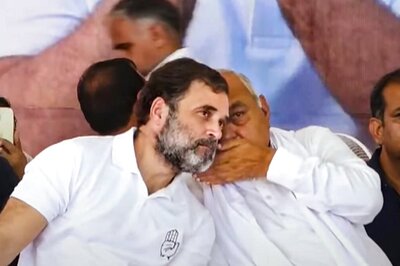
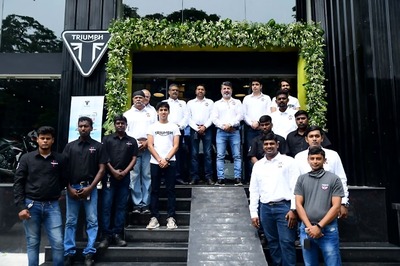

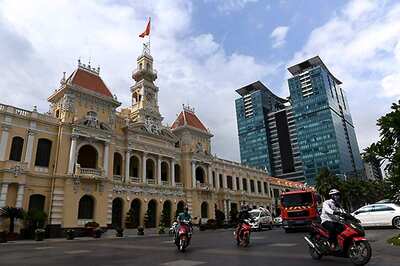
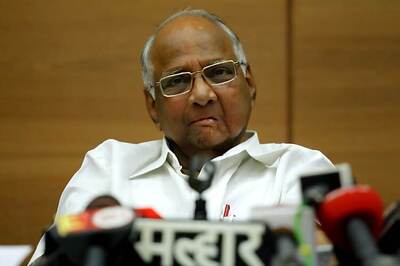



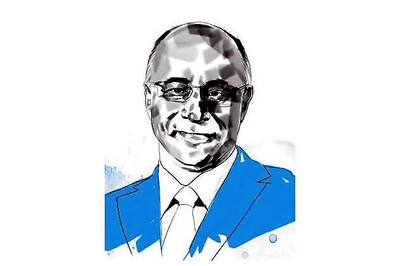

Comments
0 comment